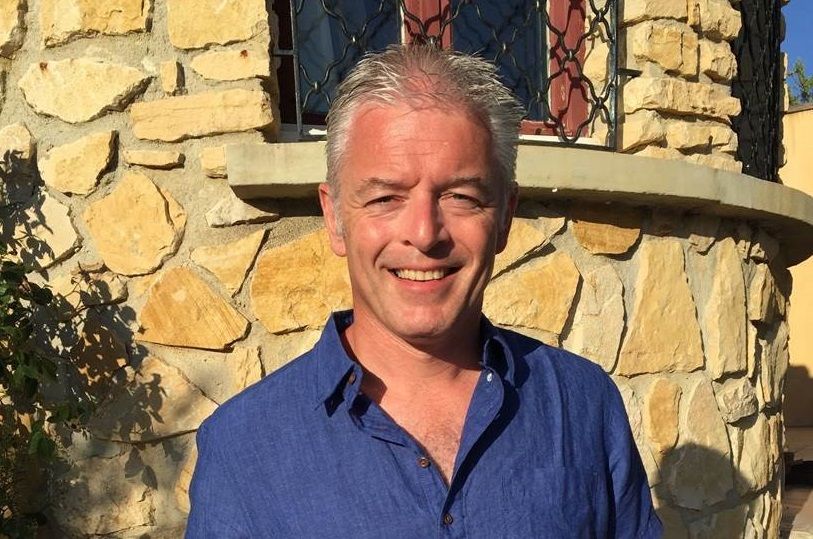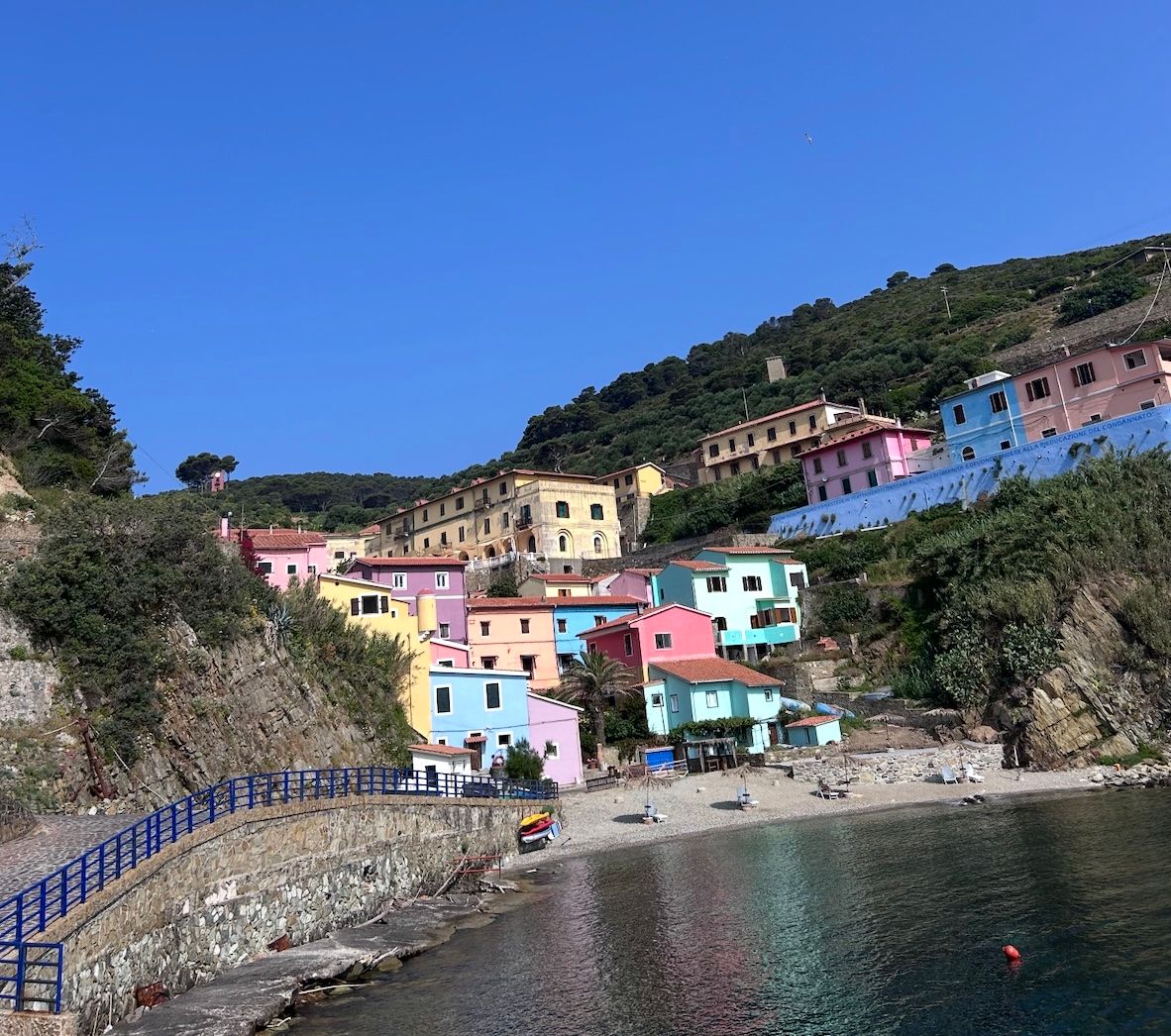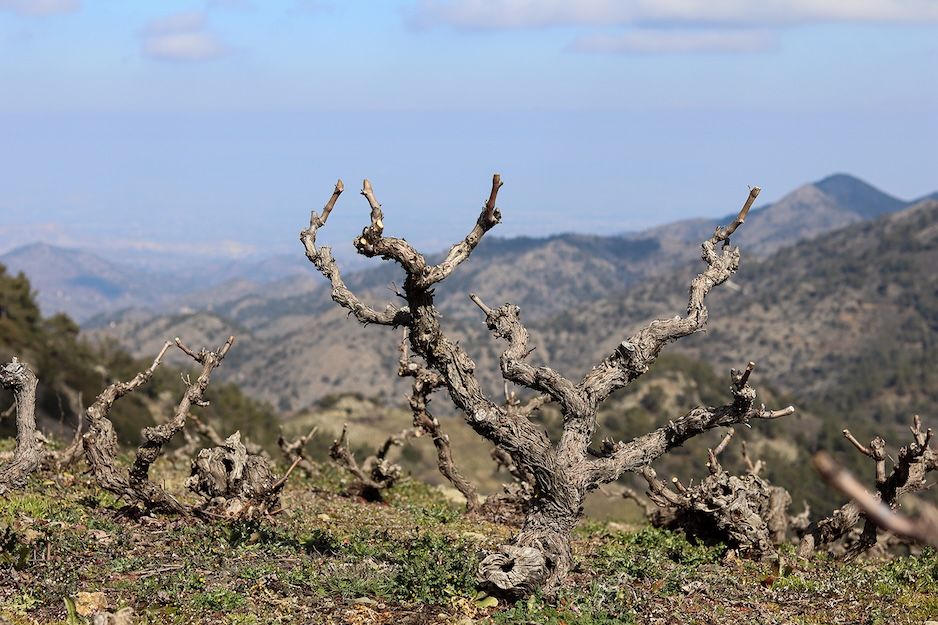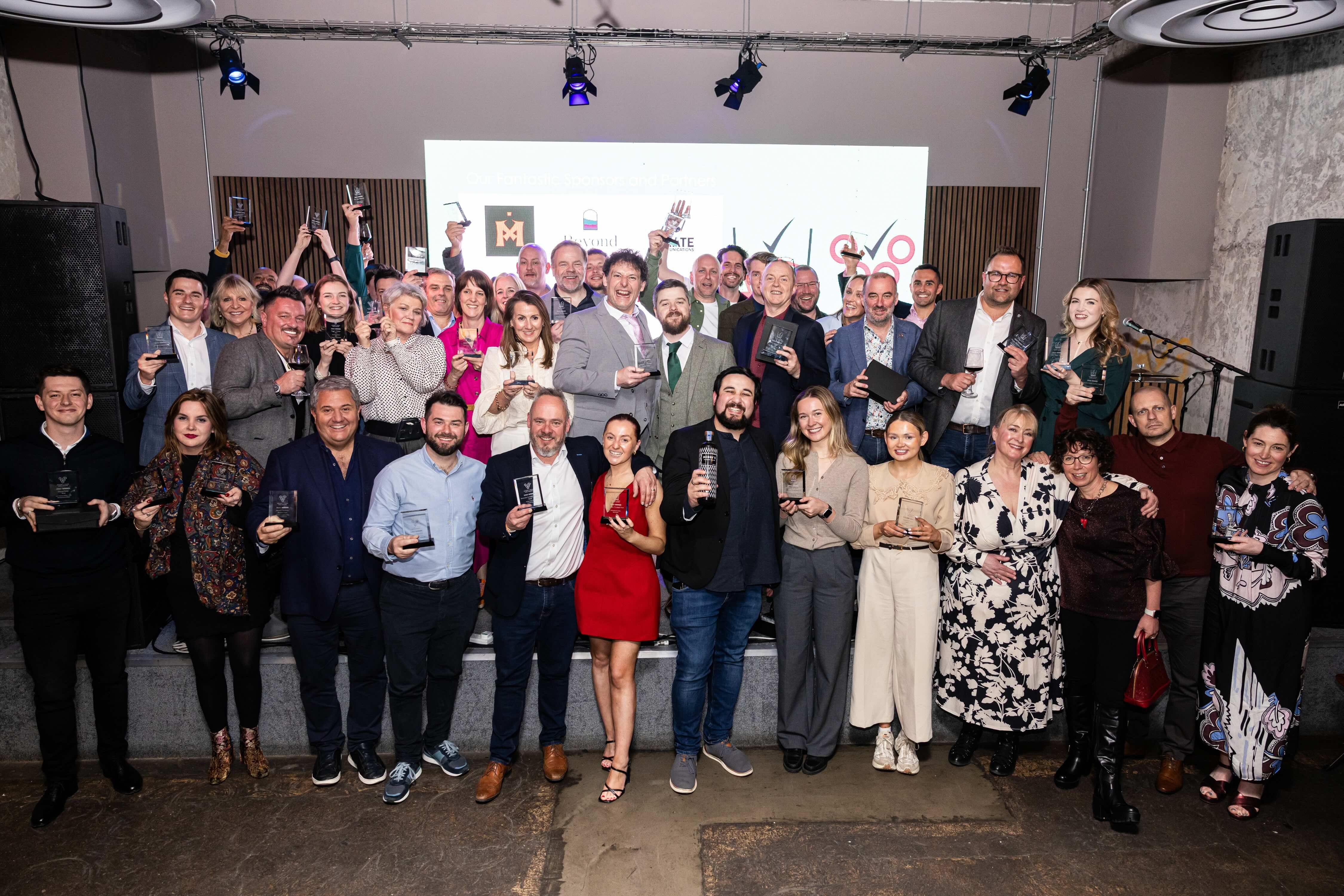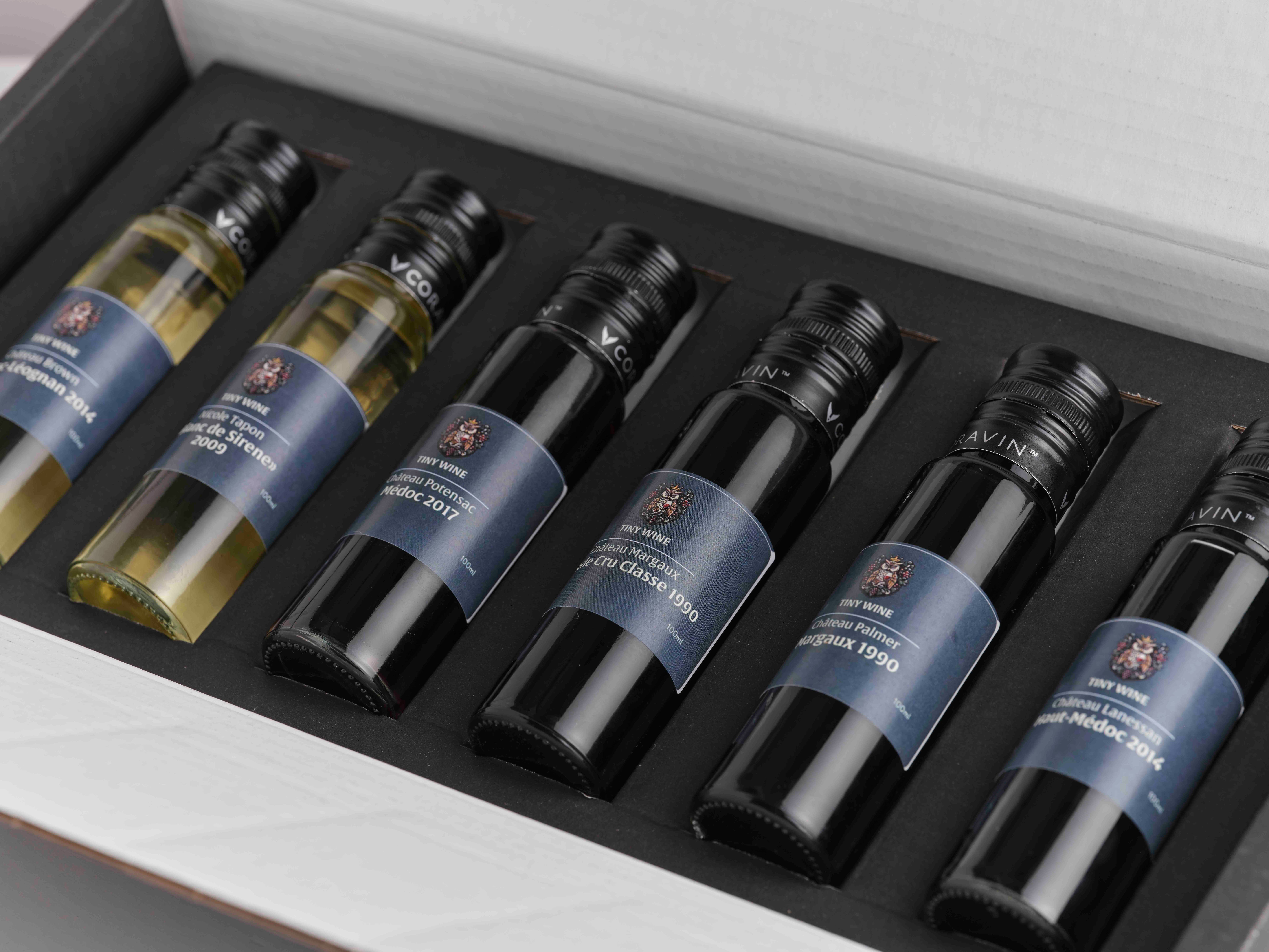With competition both from rival national players, and a growing number of innovative, fleet of food independent suppliers, how does Boutinot keep itself relevant and on the radar of its customers?
Boutinot may be one of the country’s oldest, most established, and respected on-trade wine suppliers in the country, but other than being one of their key wine suppliers, even some of their longest standing customers may not know much more about it as a business.
Which, for the most part, is how Boutinot likes it. Getting on with the job of sourcing, and increasingly making its own wine, and then distributing it to its customers is what the company is all about.
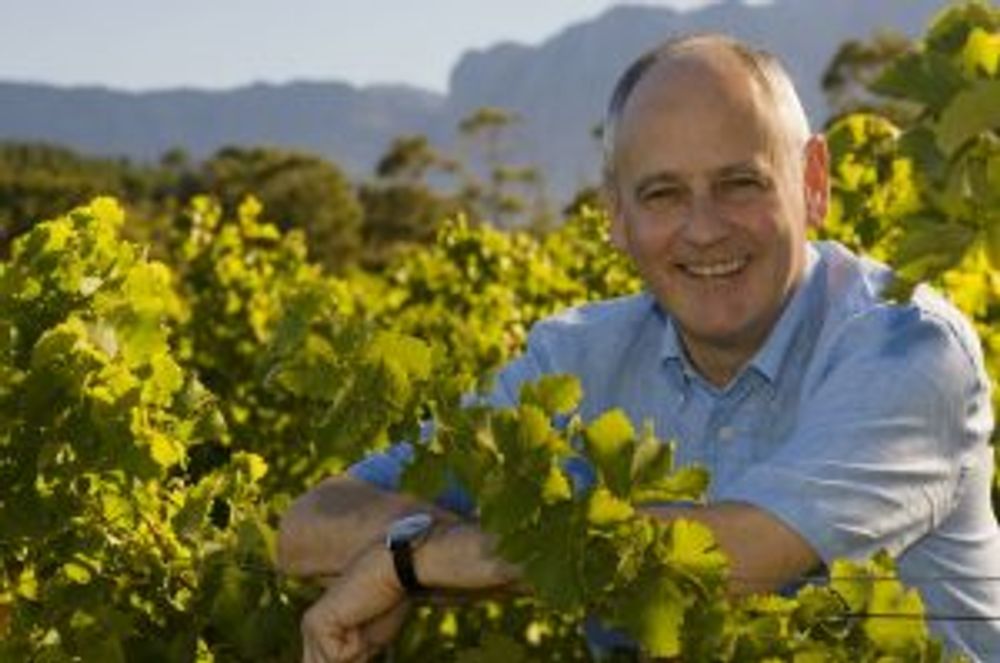
Paul Boutinot who founded the business before passing it on through a management buyout
They are the principles by which its original founder, Paul Boutinot, started the business some 33 years ago, and it is very much in the DNA of the new management team that took over the company just over three years ago. When Paul Boutinot decided to pass on the reigns it was only right that it was to his long serving senior management team of Dennis Whiteley, Michael Moriarty and Tony Brown MW.
Who else to keep the company going in the same direction as he had built it up.
It is testimony to how smooth the transition appears to have been by the fact the company has nearly doubled in size over the last three years, going from 70 members of staff to around 130 now. In fact such has been the pace of change that Boutinot has had to up sticks from its original home and move a couple of miles down the road to Cheadle on the outskirts of Manchester to fit everyone in.
Moriarty, commercial director, says it has had to make the right level of investment in new skills and staff to cope with what he calls “a more complicated and complex wine industry”.
By which he also probably means more demanding. Be it the on or off-trades there are more clear cut channels of the trade to supply and understand than five or 10 years ago.
For Boutinot that has meant taking on more staff across the board, from back office support and efficiency roles through to more customer facing marketing, account management and customer service positions.
All of which have helped it become even better at what it does, stresses Moriarty. “We are still very much a specialist national wine supplier, serving, in particular, the independent and on-trade sectors in the north west and within the M25.”
Focused approach
Boutinot has been careful over the years not to stretch itself too far. It has avoided, for example, the temptation to be a national distributor in terms of controlling and supplying its own wine to all parts of the country. Instead it is a national distributor that outside of the M25 and its north west stronghold it relies on regional wholesalers and large independent groups to act as its feet on the ground in all areas of the country.
It means it is also very much in tune with the issues and concerns facing the regional wholesale and larger independent wine merchant sectors. Rather than see them as competition, Moriarty insists they have to a close working partnership and it is in its interests that they do well and grow.
He explains: “We are working with regional wholesalers on training and also searching out new accounts for them.”
He adds: “We have got to get under the skin of their businesses to help them grow and give them a point of difference.”

Nigel Wilkinson MS heads up Boutinot’s training and education support it gives to its customers.
Which is where Master Sommelier, Nigel Wilkinson, who has worked with Boutinot at different times in his career going back to 2000, is able to step in. “Regional wholesalers we work with also have their own growth plans, to have their own point of difference, and we can help train their teams to do that.”
Which, in turn, makes it far easier for them to want to work with Boutinot if they feel there is mutual respect and understanding of their different roles in the sector. “I would say we have 90% to 95% of the country covered,” adds Wilkinson.
It is the same for the work they do with individual restaurants or on-trade groups, explains Wilkinson. “We do a lot of work to look at each account separately so that they have an individually tailored range.
Be it a prestige account or a casual dining chain, each customer needs and gets a different approach.
Passionate business
Moriarty picks up the theme. “We are passionate about being wine specialists. It is a case of really understanding your customers’ business better. There is a tendency in the trade to pitch to a restaurant based on their current list, on price point and style. We look to see what other wines they might be able to sell that they don’t have in their area. It’s about giving them a bespoke list and then training their staff on how to upsell it. We can help them get better wine sales.”
That is best seen in the training and support that Boutinot looks to offer its customers. It has an online training programme that can be customised and individualised for staff working at a particular restaurant. This includes videos to show how best to open and serve wine, through to more technical levels of knowledge. All of which can be completed with a quiz, tailored down to that outlet’s specific wine list to ensure the staff member has understood what they have read and can then, importantly, make practical use of it in the restaurant or bar.
Making its own wine
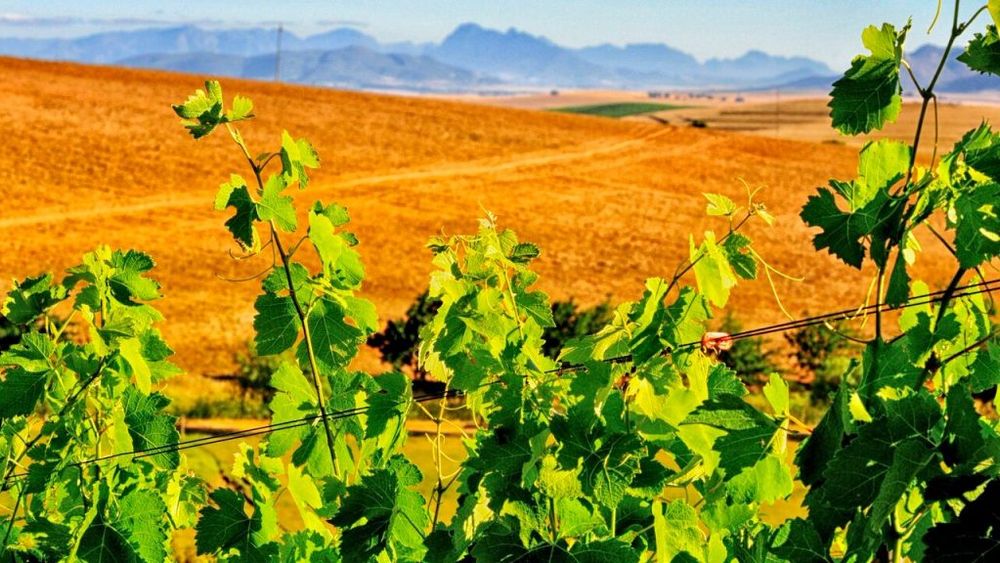
Boutinot makes wine in key countries around the world including both the Old and New Worlds
A key point of difference that Boutinot has over its competitors, such as Bibendum and Hallgarten Druiit, is that is has built up its own winemaking capabilities to such an extent that up to half of its portfolio is now is own produced wine. Quite a statistic when you consider the volumes that are involved.
It now has five dedicated winemakers, two working in South Africa and three in France.
Boutinot set up its first production site in France (just outside Beaujolais) in 1989, and moved into South Africa in 1993. In 2003 it linked up with Araldica Castelvero to produce a joint venture, Adria Vini. Back in France it has also bought land, vineyards and a winery in Cairanne in the Rhone.
It is also making wine through a combination of joint ventures or under contract in Spain, Argentina, Chile, New Zealand and Australia.
Firm on pricing
Moriarty is quite confident having complete control over at least half your wine supply puts the business in a very strong position post Brexit compared to its peers.
It is not, for example, under such immediate pressure as some of its rivals to put up wine prices in the face of sterling taking such a battering within hours of the referendum vote on June 23.
He explains: “We are committed to have wine lists for 12 months so will have the same prices up to February 2017. The euro is not as low as it was even three years ago. I think there is a little bit of panic in the market. As a wine supplier you have to take the rough with the smooth. We would not normally change our lists now so we have to show a commitment to our customers.”
As for the long term impact of Brexit, Moriarty believes that, other than currency, it is far too early to really know what business impact it is going to have. “It’s probably going to be two years before we really know.”
Wilkinson agrees: “There is a lot of doom and gloom in the trade, but we have just got to get on with it.”
Exclusive service

Boutinot is able to provide its own exclusive wines as well as offer bespoke labels to bigger customers
By making its own wine Boutinot can also offer bespoke labels, particularly on house and table wines, for its customers.
Moriarty explains: “The challenge now is not finding more and more wines, but offering customers more exclusive labels.”
That is very much the key trend of today, he adds. Be it independent merchants, restaurants, pub groups through to casual dining chains and premium outlets. Everyone wants their own label. “The challenge for us is to help them,” adds Moriarty.
That’s where, at times, there might be a piece of paper between what the different national distributors can offer. But Boutinot hopes it has the trump card in that it can make and deliver exclusive wines no-one else has in the country.
Exclusive wines it also stores in a central facility in France, ideal for those in the on-trade shipping direct as they can pick up pick up pallets and deliveries direct from there.
“Having our own production means we can lift the quality of house wines in particular for restaurants,” says Wilkinson. There are also no middlemen with the wines coming direct from the vineyards.
It does not mean it has the cheapest wines on the market by any means, but, claims Wilkinson, the wine is of the “greatest quality”.
It is very much in keeping, he stresses, with what Paul Boutinot wanted to achieve in the first place. “To only sell wine that we would want to drink ourselves. Wines that are great food friendly wines.”
International relations
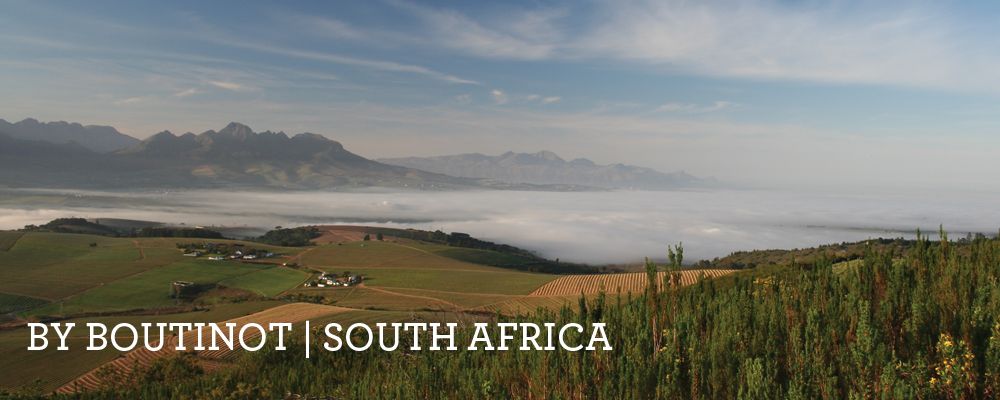
All the wine it makes itself helps drive its international business
Boutinot is also able to spread its risk outside the UK and has built up over the years a highly impressive and strategy strategic business overseas. Currently worth 18% of the company’s turnover and expected to go higher in the coming years. It certainly gives the company a competitive and more profitable home for its own production wine.
“We only sell our own wine internationally and we now are are now in 44 countries and have three people in the US,” says Moriarty.
Wilkinson is now spending some four or five weeks a year visiting existing and new accounts to help build on its international profile and reputation. Particularly in the US.
By making its our own wine, Boutinot, as well as following market trends, can also create and push trends of its own. Moriarty explains: “We are looking at Durello from northern Italy as an alternative to Prosecco. Similarly what is going to be the next big thing after Marlborough Sauvignon.”
Equally he believes Syrah, particularly from South Africa, is going to be strong in the near future. “There is an opportunity there for us to sing and dance about some things,” he said.
Which brings us back to what is the best way forward for Boutinot to do that?
Face to face
For Moriarty communication is often best done face to face. Be it at tastings, dinners or visits it is all about “building and maintaining relationships”.
We can expect to see more “channel specific” tastings like its recent independent merchant tastings in Manchester and London or Saturday sommelier tastings and networking events.
Wilkinson is only too aware himself as an MS of the need and demand from sommeliers for more bespoke, tailored and focused tastings that they can get their teeth in to. Tastings and events that help them train for upcoming sommelier competitions, to help them taste better, for example, or understand food and wine matching more. “It is increasingly important for sommeliers and they take these kind of events very seriously and respect the level of work that goes in to them,” says Wilkinson.
Even as an MS himself, Wilkinson, is still very much focused on improving his own skills and knowledge and is particularly grateful to Boutinot for the time it gives him to attend international events and help with the judging of major sommelier competitions. “They have looked after me so well over the years,” he says. “I am very grateful for the loyalty they have shown me which is very much appreciated.”
The same level of loyalty that Boutinot would be the first to appreciate from their own customers over the first 30 odd years of its history.
